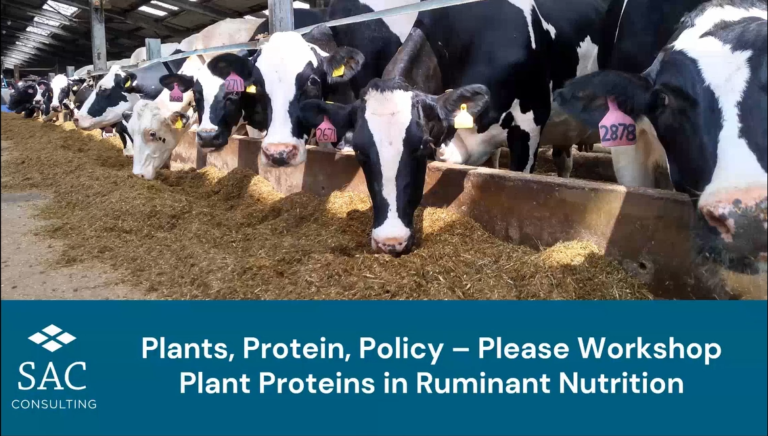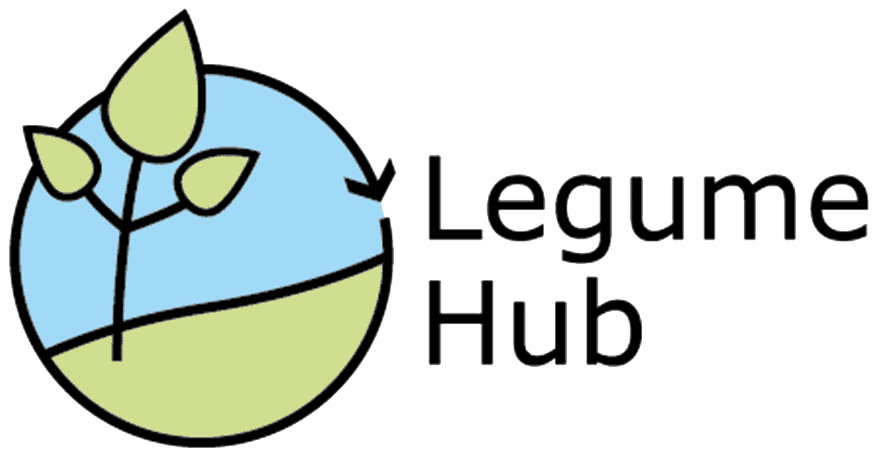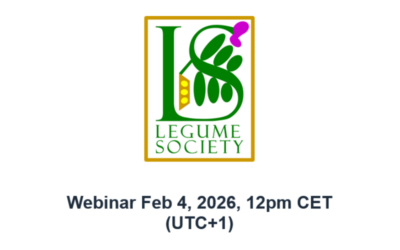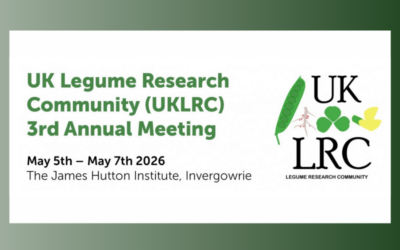Latest news
Latest articles
Latest videos
Latest news & events
SHARE THE BEAN:The INCREASE Citizen Science Experiment
Through the Citizen Science Experiment, you can contribute to and test an innovative approach to seed conservation, multiplication and sharing in order to conserve agrobiodiversity. All you need is access to a field, garden, terrace or balcony, a smart phone and the...
ILS webinar: The Rise of the Australian Lentil Industry
Join this webinar to explore the remarkable rise of the Australian lentil industry and the integrated strategies that powered its success. The talk will highlight how advances in agronomy and pathology, global germplasm exchange, and the adoption of modern breeding...
UK Legume Research Community (UKLRC) 2026
UKLRC is the UK Legume Research Community, established around three years ago to connect researchers and stakeholders working on legumes across the UK. One of its core activities is the organisation of an annual conference with a strong research focus, while also...
Our recent articles
Our articles about: all
()
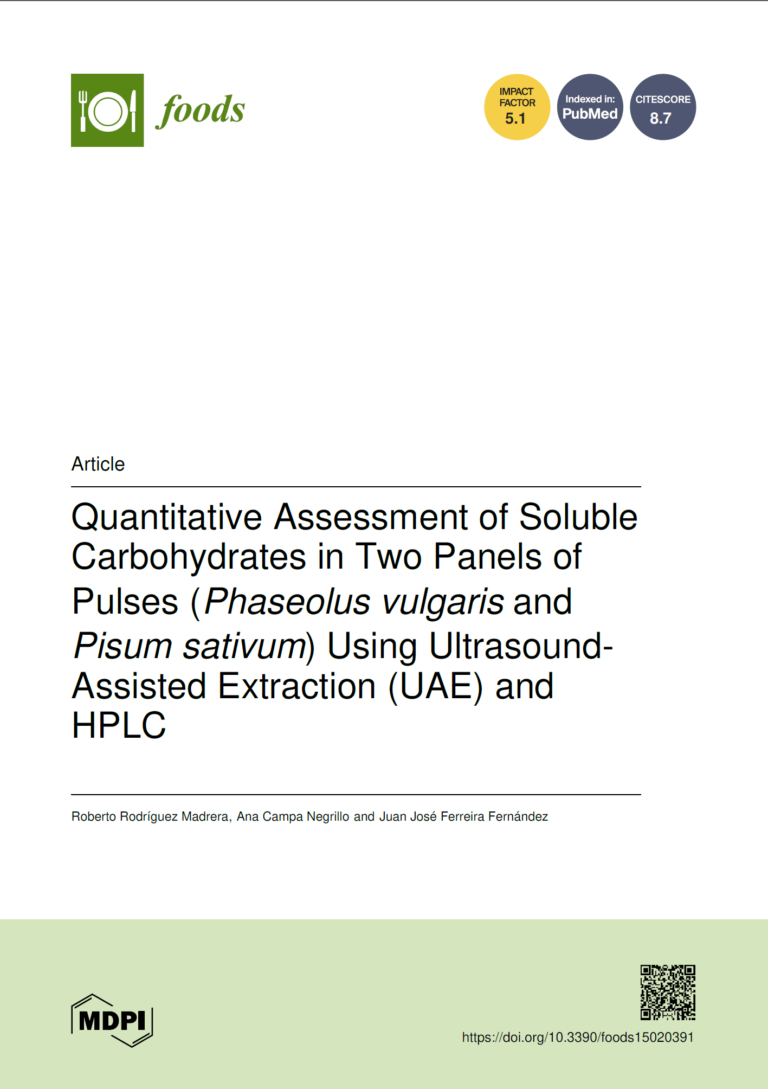
Quantitative Assessment of Soluble Carbohydrates in Two Panels of Pulses (Phaseolus vulgaris and Pisum sativum) Using Ultrasound-Assisted Extraction (UAE) and HPLC
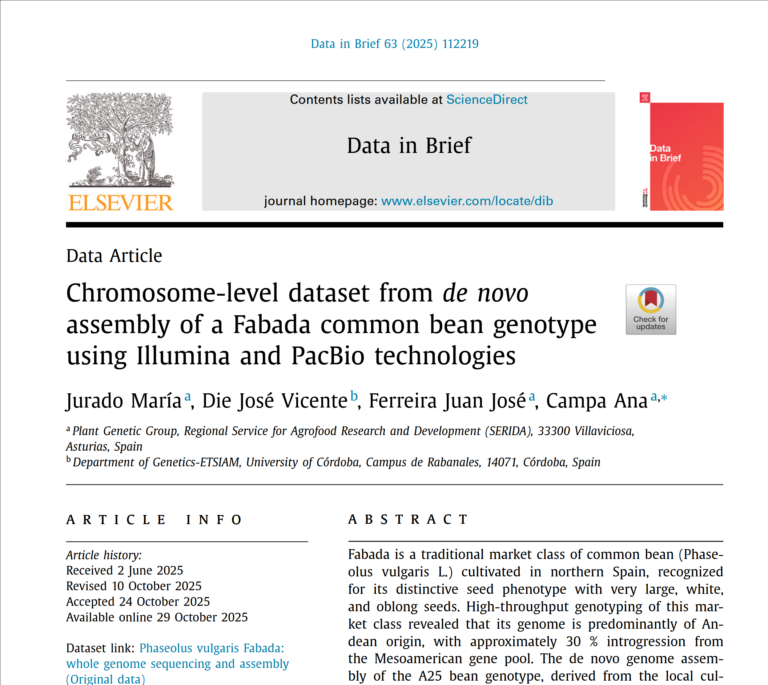
Chromosome-level dataset from de novo assembly of a Fabada common bean genotype using Illumina and PacBio technologies
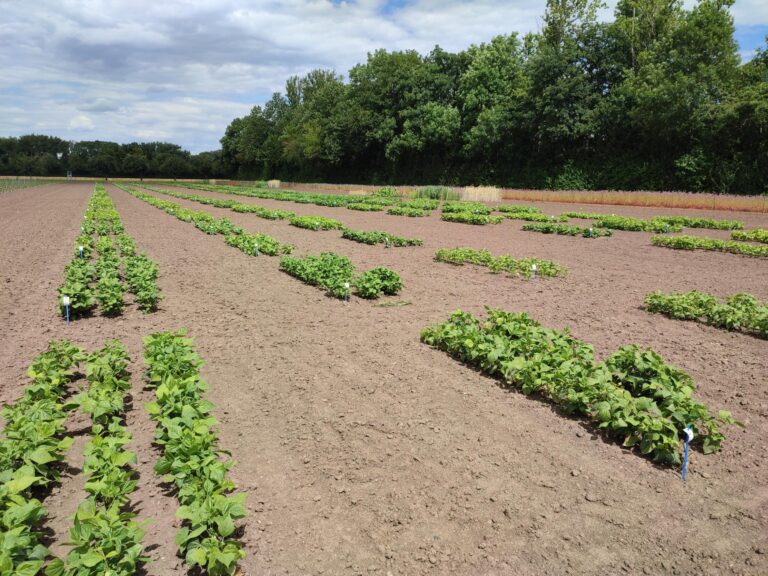
Legume Generation Report 8
Our recent videos
Our articles about: all
()
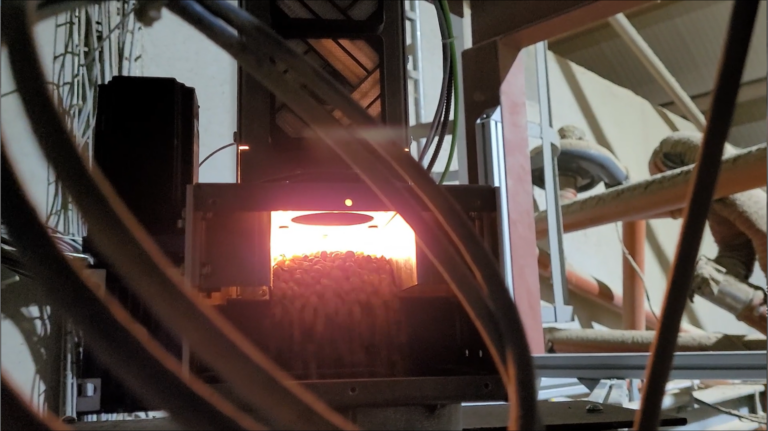
SONIA-ProQ: Real-Time Soya Processing Analysis
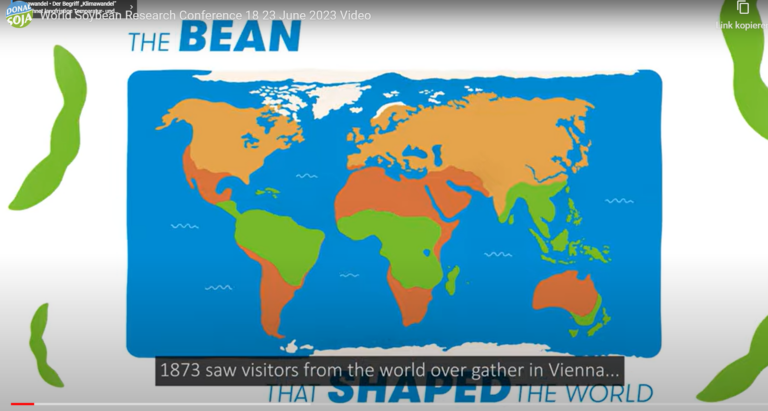
WSRC: The bean that shaped the world
